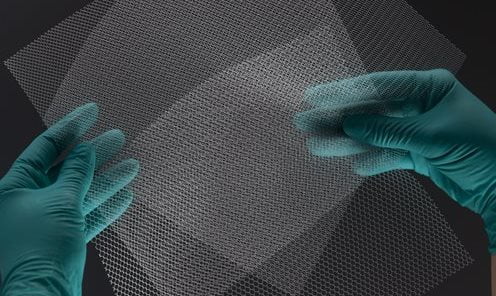In the US, a report by the Food and Drug Administration (FDA) stated that once the mesh had been implanted, it was extremely difficult and sometimes impossible to remove, even where serious complications have arisen. A recent review by the Scottish Government also stipulated that the devices should not be routinely used for the treatment of pelvic prolapse.
There are clearly serious problems which can occur from the implementation of these devices and, as such, the London Women’s Centre do not and never have, endorsed the usage of synthetic mesh for the treatment of vaginal prolapse. It is important that women are made aware of the complications of this option so that they can make informed decisions about whether to go ahead or to seek better alternatives.
Find out more about the treatment for pelvic organ prolapse


